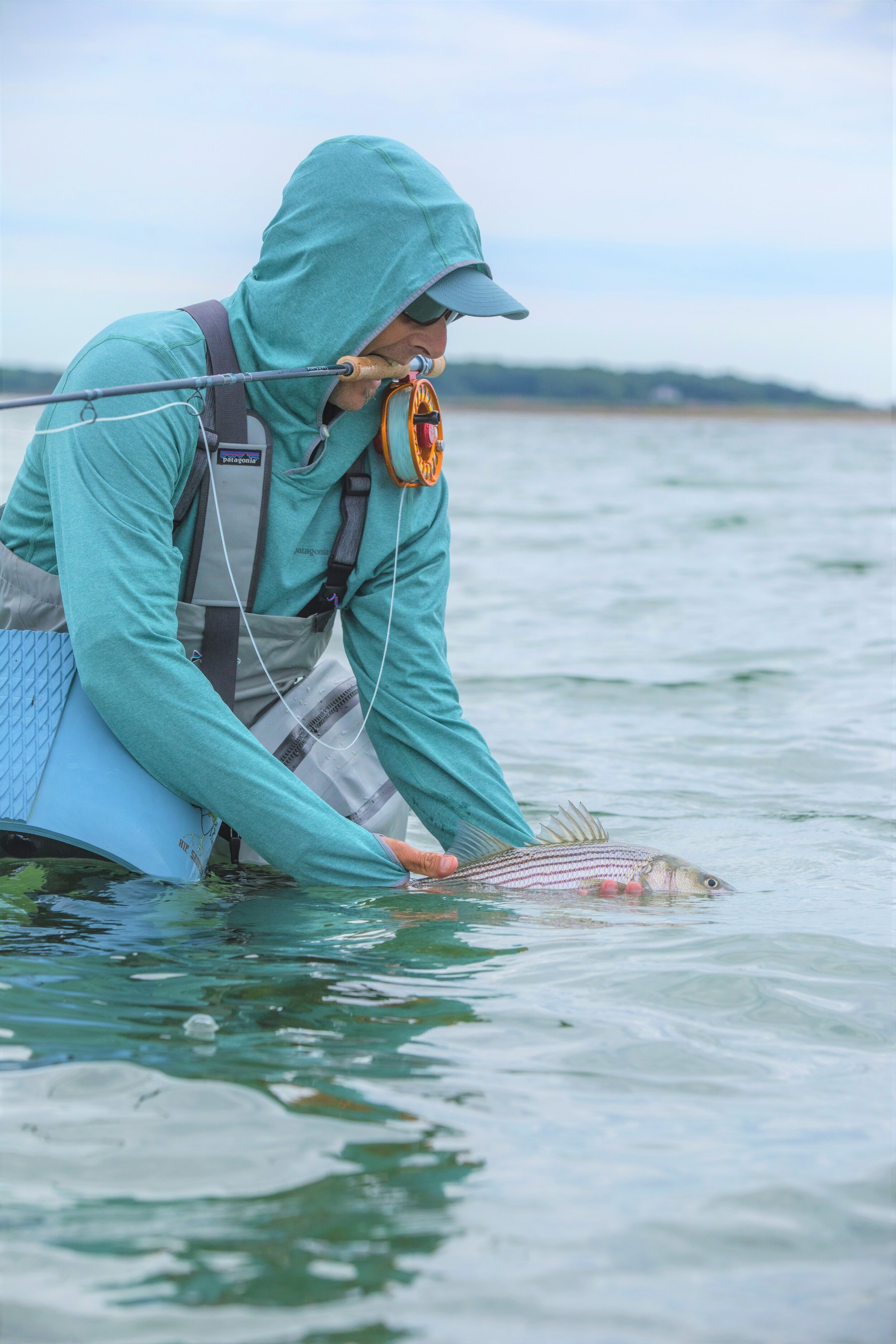My knowledge and excitement for the natural world and background in ecology and aquatic science is coupled with a personal and professional philosophy of life-long-learning and sharing. To that end, my goals as an educator are to facilitate learning by offering students the right tools and experiences to stimulate a sense of wonder and creative thinking. I firmly believe that learning - the process of gaining knowledge and skills - can be enhanced if students, regardless of academic level, are given the opportunity to connect and relate to a particular observation or experience. I also feel that active engagement with and among students encourages students to question what they have learned. With this framework, my enthusiasm, teaching style, and curricula enhances the learning process for students regardless of the discipline. Collectively, these traits, my teaching performance, and excellent rapport with my students have led to several teaching awards, including a Distinguished Teaching Award from UMass Amherst in 2014. I also received the Award of Excellence in Fisheries Education from the American Fisheries Society in 2021.
At UMass Amherst, I teach several of the fundamental courses in the Fisheries Ecology and Conservation concentration in the Department of Environmental Conservation. These courses are listed below.
Courses at UMass Amherst
NRC 260 - Fisheries Conservation & Management
This course offers students a broad perspective on freshwater and marine ecosystems, fish biology and ecology, impacts on fish and their essential habitats, the coupling of socio-ecological systems as they relate to fisheries, and the suite of conservation strategies and management tools that are used to ensure fish are around for future generations to use and enjoy.
NRC 487 - Field Logistics & Expeditionary Science
This course fills an important gap in the training of undergraduates as it provides insights into risks and risk planning for field research. I use a combination of lectures, discussions, scenarios, and hands-on practical exercises that provides students with skills for staying safe, being prepared, and even asking risk-related questions to potential employers/graduate advisors
NRC 570 - Fish Ecology
This course digs deep into the fundamental ecology and life history of fishes. The course includes lectures and seminars on fish energetics, physiology, age, growth, reproduction, feeding, competition, and predation. The lab for this course offers extensive hands-on experience in fish dissection, age/growth/reproduction, and data analysis.
ECO 626 - Recreational Fisheries Science & Conservation
This course focuses specifically on the science and social science related to recreationally targeted species. Unlike for commercial fisheries, many recreational fishes are data deficient, spanning basic biology and ecology, through to the social norms related to why people target them in the first place. We use student driven seminars and a semester-long project to learn as well as fill gaps in the field of recreational fisheries science and conservation.




